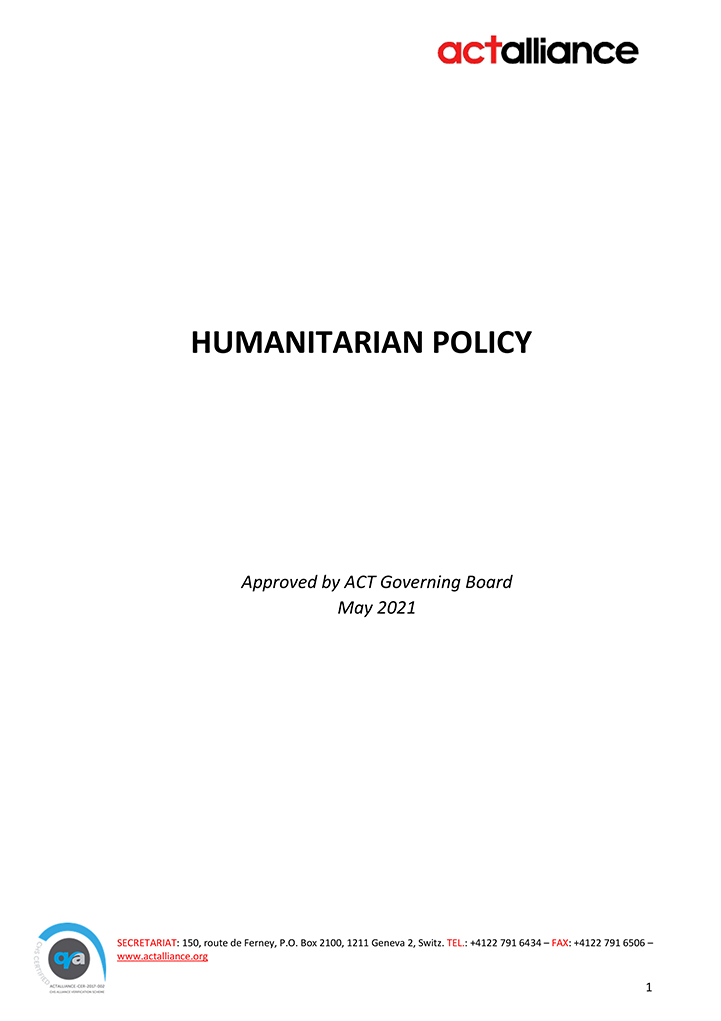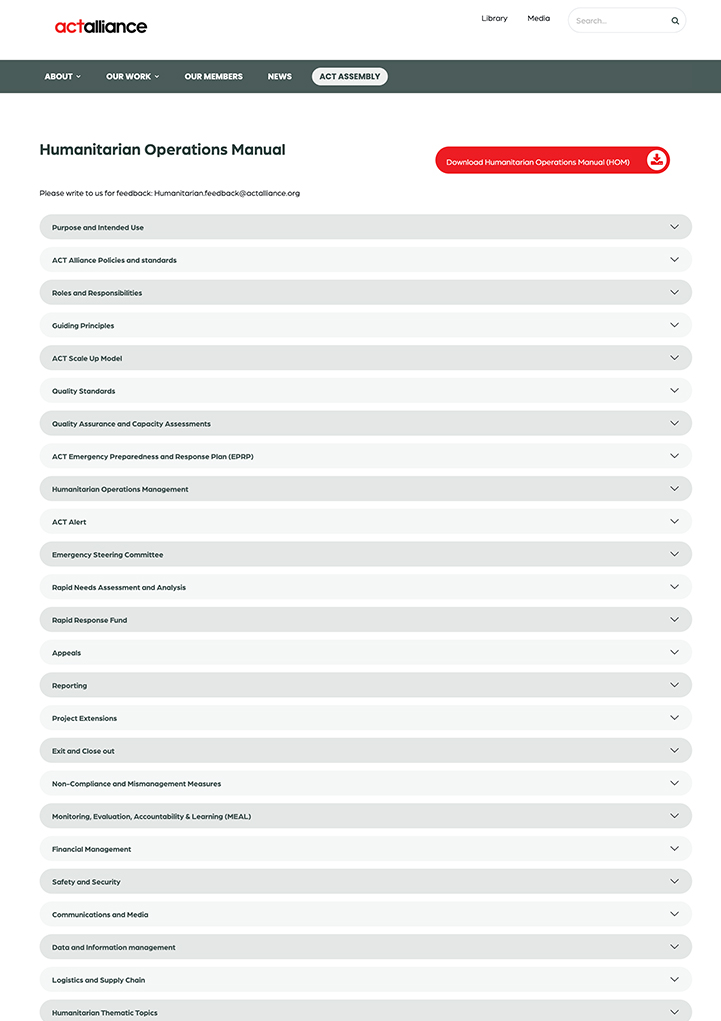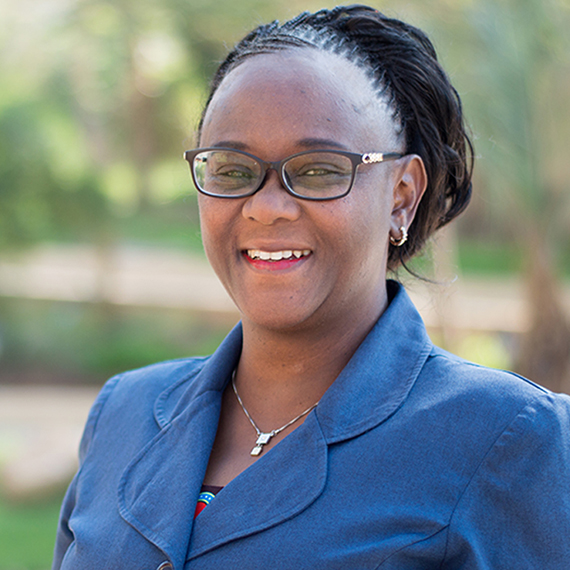On the morning of Sunday the 27 September 2020, Azerbaijan army attacked the region of Nagorno Karabagh using heavy artillery, tanks, aircraft and missiles. Towns and villages were bombed, including the capital city of Sepanakert. This conflict put country in the state of crisis. 47 civilian is death and 135 wounded, while 90.000 people has to seek refuge. The military operations may expand beyond the conflict zone, resulting in serious atrocities and a humanitarian crisis in the region, exacerbated by the situation related to the coronavirus outbreak. This situation is undermining regional security and peace, significantly raising the risks of a full-fledged war. 90.000 affected people are currently hosted in hotels, camps, vacant buildings and families with many unmet vital humanitarian needs such as access to: food, shelter, clothing, including for cold season, footwear, blankets, pillows, bedding, sanitation and hygiene items, stationery for schoolchildren, technical means for on-line classes, and payment for utilities.ART, a national member of ACT Armenia forum intends to support displaced persons, predominantly women and children with shelter, food and non-food items.Alert_Armenia_Armed conflicts in Nagorno Karabagh











